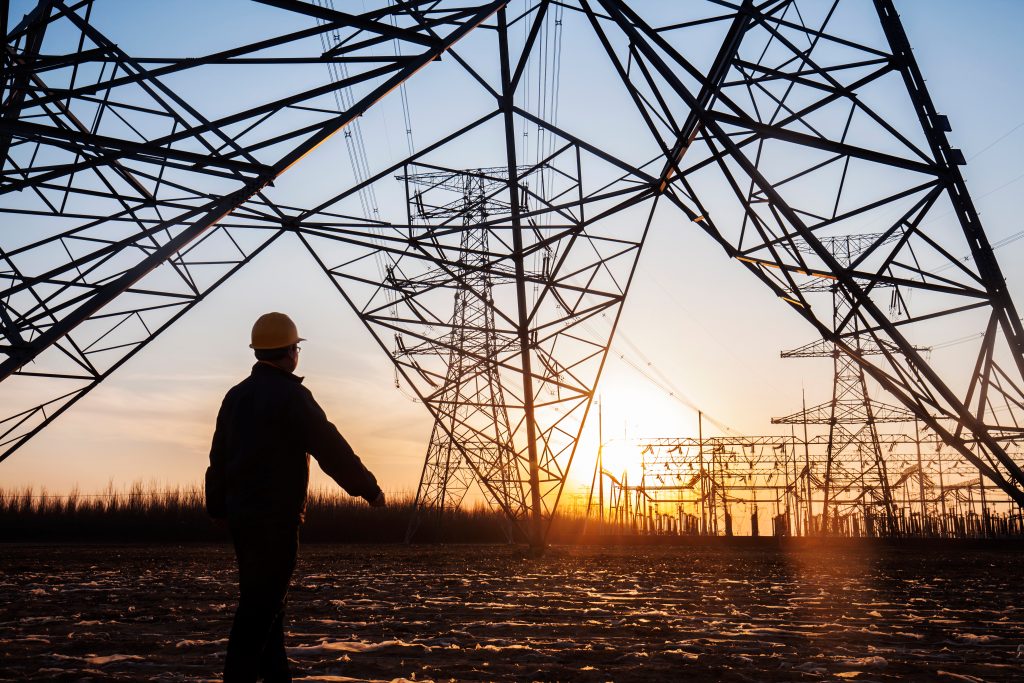Yes, Peace Power is a power company that provides utility services to Beaumont. If you’re looking for Electricity Service in the City of Beaumont please fill out an online registration and we will be happy to support you.

Yes, Peace Power is a utility company that provides services to Tawatinaw. We proudly provide electricity and internet services in the Hamlet of Tawatinaw.
Links